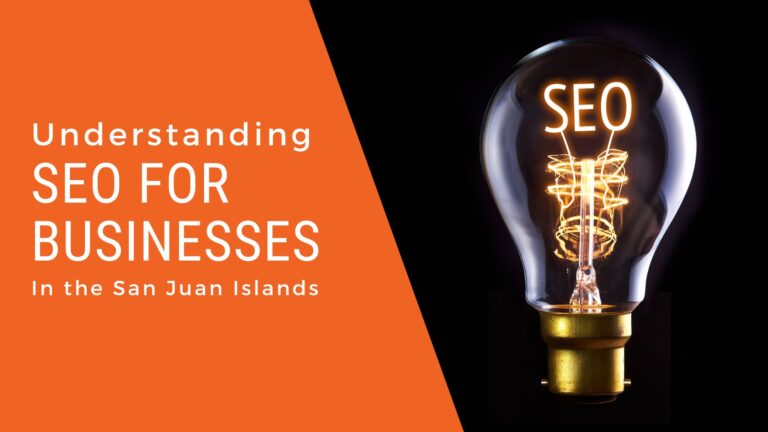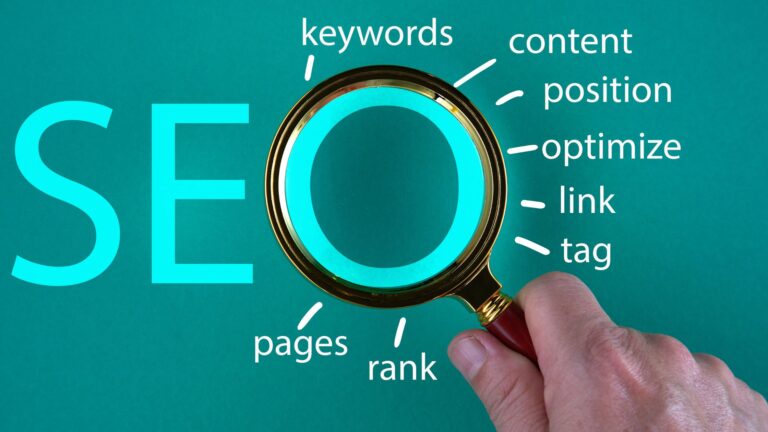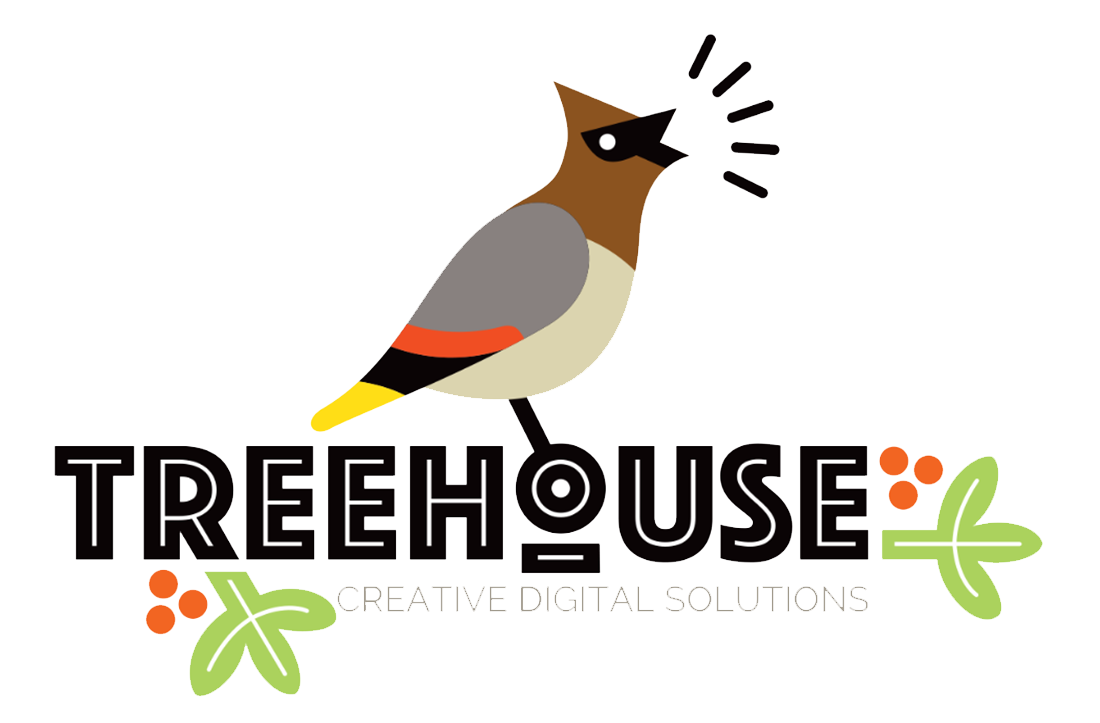
Key Takeaways
- SEO is not a one-time fix but requires consistent effort to keep up with changing algorithms.
- Creating valuable, engaging content is the most important factor for your website.
- Optimizing metadata with relevant keywords can improve your website’s search engine rankings.
- Factors like site design, navigation, accessibility, and speed also play a crucial role in SEO.
- You can do some SEO tasks yourself, but using an experienced specialist can lead to better results.
What You Need to Know About SEO For Your Small Business in the San Juan Islands
As a small business owner, you’ve likely heard about the importance of Search Engine Optimization (SEO), but may not fully understand the concept. In simple terms, SEO is the process of improving your website’s visibility and ranking on search engines like Google. When done correctly, it can drive more traffic to your website and increase your bottom line.
Let’s discuss what you need to know about SEO and how it can benefit your small business in the San Juan Islands.
What is SEO?
SEO is the process of optimizing your website’s content and structure to improve your website’s ranking on search engine results pages. The ultimate goal of SEO is to increase the quantity and quality of organic (non-paid) traffic to your website.
By optimizing elements such as keywords, meta tags, internal link structures, and external backlinks, you can increase the relevance and authority of your website in the eyes of search engines like Google. Effective SEO strategies can help your website appear higher for relevant search terms, which in turn can drive more traffic to your website.
Above all, the key to creating an effective website is ensuring it delivers value and utility to those engaging with it. Google’s primary objective is to connect its users with the information they seek upon clicking a search result. Regardless of the tactics employed to attempt to reach higher organic search rankings, if the content fails to meet users’ needs, Google will not endorse it.
What SEO is NOT.
While there are many misconceptions about SEO, it’s important to understand what SEO is not.
Firstly, SEO is not a one-time fix; it’s an ongoing process that requires consistent effort and updates to keep up with changing algorithms and user behavior. SEO is also not a quick fix with instant results; it can take time to see the benefits of a well-executed SEO strategy.
Additionally, SEO is not a guarantee of success; while it can improve your website’s visibility, traffic, and conversions, there are many other factors that can impact these metrics. SEO should be viewed as a tool to support your overall marketing efforts, not a magic solution.
Another misconception about SEO is that it’s all about manipulating search engines and tricking them into ranking your website higher. This couldn’t be further from the truth. In fact, Google specifically warns against using deceptive or manipulative tactics in their Webmaster Guidelines.
Instead, SEO should focus on creating high-quality, relevant content that meets the needs of users. While keywords and links are important aspects of SEO, they should never compromise the user experience or provide misleading information. SEO is not a substitute for a good user experience; while optimizing for search engines is important, it should never come at the expense of a user-friendly website that provides a positive experience for your visitors.
Understanding what SEO is not can help you avoid common pitfalls and create a more effective, well-rounded digital marketing strategy.

What are some common SEO myths and mistakes?
There are many SEO myths and mistakes that persist in the digital landscape. Don;t become a victim of these pitfalls!
Mistakes can include using irrelevant keywords, overloading your website with too much irrelevant content, and not optimizing your website’s metadata. One of the most common myths is that simply stuffing your website with as many keywords as possible will improve your search engine rankings. This is simply not true. In fact, overusing keywords can actually hurt your rankings.
Another common misconception is that once your page achieves a high ranking on Google, the job is done. However, SEO is a dynamic, ever-evolving process. Many business owners mistakenly believe that a few quick SEO adjustments can catapult their website to the top of Google’s search results. Conversely, some find their rankings have plummeted overnight without apparent cause. Astute businesses recognize that SEO demands ongoing vigilance, constant monitoring, and timely adjustments to remain effective.
So, how DO YOU create a website that appears at the top of search engines?
Treehouse Creative Digital Solutions designs all of our websites with SEO in mind to ensure that all the boxes are checked for the site to be recognized, accepted, and ranked by Google. However, SEO must be managed as part of a separate ongoing SEO growth package. SEO takes time to implement and improves as more people visit the site, giving it credibility in the eyes of Google.
The best way to ensure more visitors to your website is to provide valuable, engaging content. You can get more visitors by using strategies like writing blog posts using keywords that your consumers are interested in, but this should not be the only strategy. It’s important to focus on continuously creating and updating quality content that will keep visitors coming back for more.
But creating great content alone is not enough. Your website’s metadata also plays a crucial role in improving your search engine rankings. Metadata includes information such as title tags, meta descriptions, and header tags that give search engines important clues about the content of your website. Optimizing these elements with relevant keywords can greatly improve your chances of being found by potential visitors.
There are several other technical factors that also play a role, such as site design and navigation, accessibility, speed, and much more. That’s why it is important to understand there is no one solution to ranking higher on sites like Google. Be very weary of any service that tries to sell you a” simple solution” and promises higher rankings.

How often should I be doing SEO?
Understanding that SEO is a dynamic and evolving process is crucial. Google continuously strives to deliver the best results for its users, evaluating websites based on criteria like authority, trustworthiness, content freshness, and quality. As a result, a website’s ranking may fluctuate significantly, appearing at the top of search results one week and disappearing the next. Consequently, monitoring your rankings regularly, ideally daily or weekly, becomes essential.
Moreover, it’s important to recognize that some marketers and website owners have attempted to manipulate Google’s system to achieve higher search rankings through tactics such as creating artificial backlinks or keyword stuffing. Google counters these practices by regularly updating its algorithms, ensuring that only the highest quality content achieves prominence in search results.
This constant adjustment of algorithms means that SEO best practices are in a perpetual state of evolution, underscoring the importance of staying informed and adaptable in your SEO strategies.
Is SEO Expensive?
The answer largely depends on your business’s needs and goals. Like any other marketing strategy, the cost of SEO varies depending on how much you are willing to invest and the competitiveness of your industry. Small businesses focusing on local target markets will be easier to optimize for, and thus less expensive. However, if you are in a highly competitive industry with national or global reach, the cost of SEO can be significantly higher.
One of the biggest advantages of investing in SEO is its long-term impact. While there are some upfront costs associated with implementing SEO strategies, such as hiring an experienced SEO specialist or investing in keyword research tools, the long-term benefits can outweigh these initial expenses. Creating high-quality content and building backlinks can be time-consuming, they will be a part of your website’s online presence for a long time, making them valuable assets.
Can I do my own SEO?
If you have the time and skills, there are some things you can do as a business owner to improve your SEO. Examples include regularly updating content on your website and publishing content that is relevant and engaging to your audience.
However, it is important to note that SEO is a constantly evolving field and requires specialized knowledge and expertise. It may be more beneficial in the long run to hire an experienced professional who can keep up with industry changes and implement effective strategies for your specific business.
Additionally, there are some technical aspects of SEO that may require coding knowledge or access to certain tools and resources. These can be difficult for non-technical individuals to navigate on their own. Hiring a professional can ensure that these technical elements are properly optimized for maximum impact on your website’s search engine rankings.
Overall, while it is possible to do your own SEO to some extent, hiring a reputable and experienced SEO specialist can ultimately lead to better results and save you time and effort in the long run.
To discover how SEO can elevate your business or to receive support with your digital marketing efforts, contact us to arrange a consultation.

